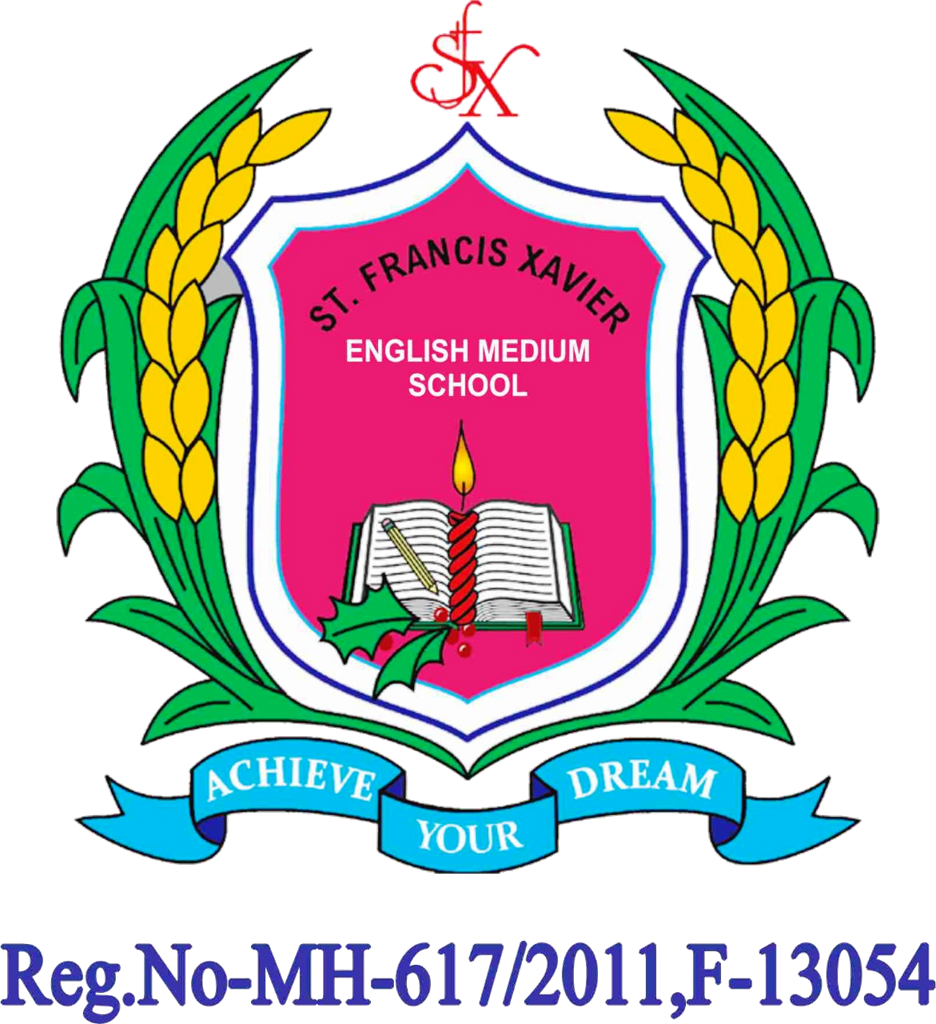What is Life Skills Education..?
Life skills education is a term that refers to the acquisition of skills and knowledge that are necessary for individuals to navigate and succeed in various aspects of life. These skills go beyond traditional academic subjects and focus on abilities that are essential for personal development, effective communication, decision-making, and overall well-being. Life skills education aims to equip individuals with the tools they need to lead a fulfilling and productive life. These skills are applicable across different contexts, including education, work, and personal relationships.
Key components of life skills education include:
- Communication Skills:
– Verbal and non-verbal communication.
– Active listening.
– Expressing thoughts and ideas clearly.
- Critical Thinking and Problem Solving:
– Analyzing information.
– Making informed decisions.
– Solving problems creatively.
- Decision-Making:
– Evaluating options and consequences.
– Taking responsibility for choices.
- Creative Thinking and Innovation:
– Encouraging imagination and originality.
– Developing innovative solutions.
- Interpersonal Skills:
– Building and maintaining relationships.
– Respecting diversity.
– Collaborating with others.
- Emotional Intelligence:
– Recognizing and managing emotions.
– Empathy and understanding others’ emotions.
– Handling stress and coping with challenges.
- Time Management:
– Setting goals and priorities.
– Planning and organizing tasks.
– Managing time effectively.
- Stress Management:
– Identifying sources of stress.
– Developing coping strategies.
– Promoting mental well-being.
- Adaptability and Flexibility:
– Adjusting to change.
– Handling uncertainty and ambiguity.
- Financial Literacy:
– Budgeting and financial planning.
– Understanding economic principles.
- Health and Wellness:
– Promoting physical and mental well-being.
– Making healthy lifestyle choices.
- Digital Literacy:
– Using technology responsibly.
– Critical evaluation of online information.
Life skills education is often integrated into school curricula and can also be delivered through various educational programs and workshops. The goal is to empower individuals to face the challenges of daily life with confidence and competence. By fostering these skills, individuals are better equipped to succeed in their personal and professional lives, contributing to their overall development and societal well-being.
